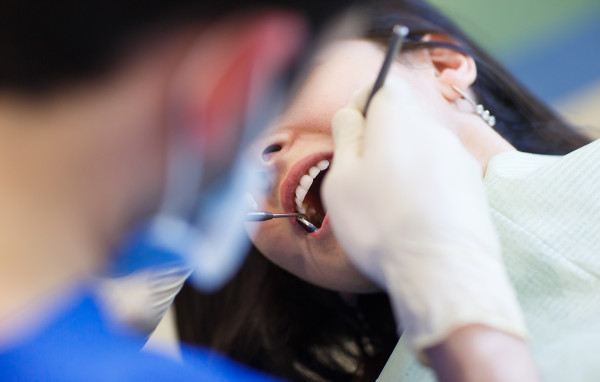MEDICATIONS are used for a multitude of reasons, whether it is to help with certain medical conditions or illicitly, but they all can potentially have an adverse effect on teeth.
It is estimated that approximately 40 per cent of people are currently taking at least one type of drug that is damaging their teeth.
One of the main factors contributing to maintaining healthy teeth and gums is saliva, and certain medications reduce the formation of saliva in the mouth.
So, why is saliva so important for keeping our teeth and gums healthy?
Well, components found in saliva are needed in the on-going process of re-mineralisation, this is the repairing process of tooth enamel (the outer hard surface of the teeth).
It also reduces acids that causes decay, and the number of bacteria present in the mouth.
Therefore, medications that causes a reduction in saliva or inhibit saliva production can have very negative effects on our teeth and gums.
This condition is known as “dry mouth” and can be caused by a multitude number of drugs, whether they are prescription, over the counter (OTC) or illicit drugs.
OTC drugs that are commonly known to cause dry mouth include antihistamines (for allergies) and decongestants (to relieve congestion).
Furthermore, there are number of certain pain medication that can cause dry mouth, these include non-steroidal-anti-inflammatory (NSAIDs) such as ibuprofen and opioids such as codeine. The list is exhaustive.
With this in mind, the next time you suffer from allergy, having a cold, or need some form of pain relief, you should be mindful that these medications could potentially affect your oral health.
Consult with your dentist for advice regarding prevention and treatment for dry mouth, and the signs and symptoms of this condition.
On a more serious side, there are medications that can cause gum problems such as inflammation (redness and swelling), bleeding and even ulceration.
These conditions are a concern because unhealthy gums can lead to more severe dental conditions such as tooth loss.
The types of medications that are harmful to the teeth but applicable to any ages includes (but not limited to) aspirin, anti-asthmatics, oral contraceptives and syrups (some have very high sugar content).
Aspirin imposes a risk to teeth health because it is acidic, and can corrode tooth enamel, especially if placed directly beside a tooth.
Certain asthma medications are also acidic and hence will damage tooth enamel, especially if required over an extensive period of time.
It is therefore recommended to rinse your mouth well after using these medications to limit the risk of enamel corrosion and also oral candidiasis (oral thrush; a fungal infection in the mouth).
Women with pre-existing gingival conditions, or more susceptible to periodontal disease and also taking oral contraceptives, should be aware that they may be more prone to gingival inflammation and periodontitis (inflammation of the gum and bone loss).
This is due to the combined effect of increased bacteria in the gingival microflora and reduction of salivary components required for gum and teeth protection.
If you fall into this category, it is important to have regular dental examinations to ensure that future dental complications are minimised.
















